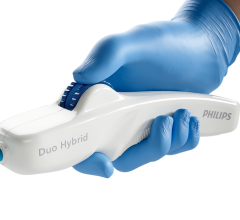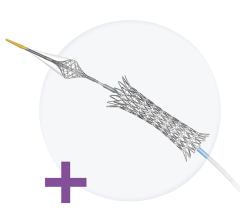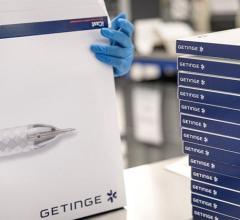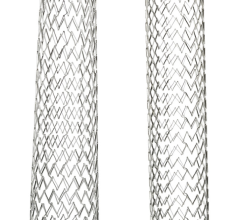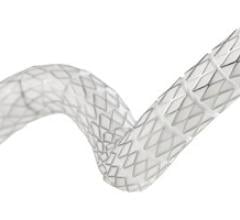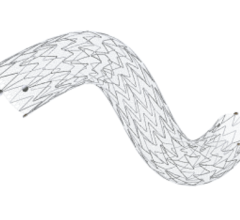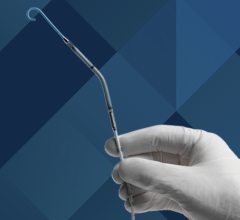
March 12, 2009 - CeloNova BioSciences Inc. said yesterday physicians performing a live stent implantation during the annual scientific meeting of the Sociedad Venezolana de Cardiologia Intervencionista (SOVECI), March 13-14, elected to use the CATANIA Coronary Stent System with NanoThin Polyzene-F to demonstrate the benefits of this innovative new stent technology.
The procedure marks the first time the CATANIA stent was used in Venezuela.
"We are pleased to be the first physicians in Venezuela to treat a patient with the CATANIA stent. The fact that anti-platelet therapy can be discontinued after 30 days is a major benefit to patients who live in the rural areas of our country where travel and cost are important considerations," said Enrique Fermin M.D., president of SOVECI. "The clinical data also indicate that the CATANIA stent performs well in diabetic patients, which is a known significant health risk among the Venezuelan people."
Dr. Fermin, said his group elected to use the CATANIA Stent because it performed well in clinical trials. Results from the first-in-man study of the CATANIA stent in an unusually complex patient population showed zero percent stent thrombosis, death, myocardial infarction, stroke, or coronary artery bypass graft. Target lesion revascularization was 10.9 percent (only 3.6 percent clinically driven, 7.3 percent non-clinically driven), with a binary restenosis rate of 6.8 percent. Of note, all patients stopped dual anti-platelet therapy after 30 days. In a subset of 15 patients, an independent core lab analyzed vessel healing at six-months using optical coherence tomography (OCT) and found that 99.5 percent of stent struts were completely covered, suggesting complete endothelialization.
The CATANIA Coronary Stent System with NanoThin Polyzene-F represents a new class of stent featuring the latest in rapid-exchange, modified open-cell design and cobalt-chromium technology. The company said the CATANIA's unique combination of design and surface treatment offers many of the clinical benefits of drug-eluting stents, while addressing some of the significant ongoing concerns associated with DES options, including product cost, potential for thrombosis, and challenges associated with costly long-term dual anti-platelet therapy. The CATANIA stent carries a CE Mark and is currently available for sale outside the U.S. in 60 sizes, in lengths from 8-38mm and in diameters from 2-4 mm.
Polyzene-F, is a highly lubricious, anti-thrombotic, anti-inflammatory, and bacterial-resistant surface treatment for implanted medical devices.
For more information:www.celonova.com


 November 24, 2025
November 24, 2025 


